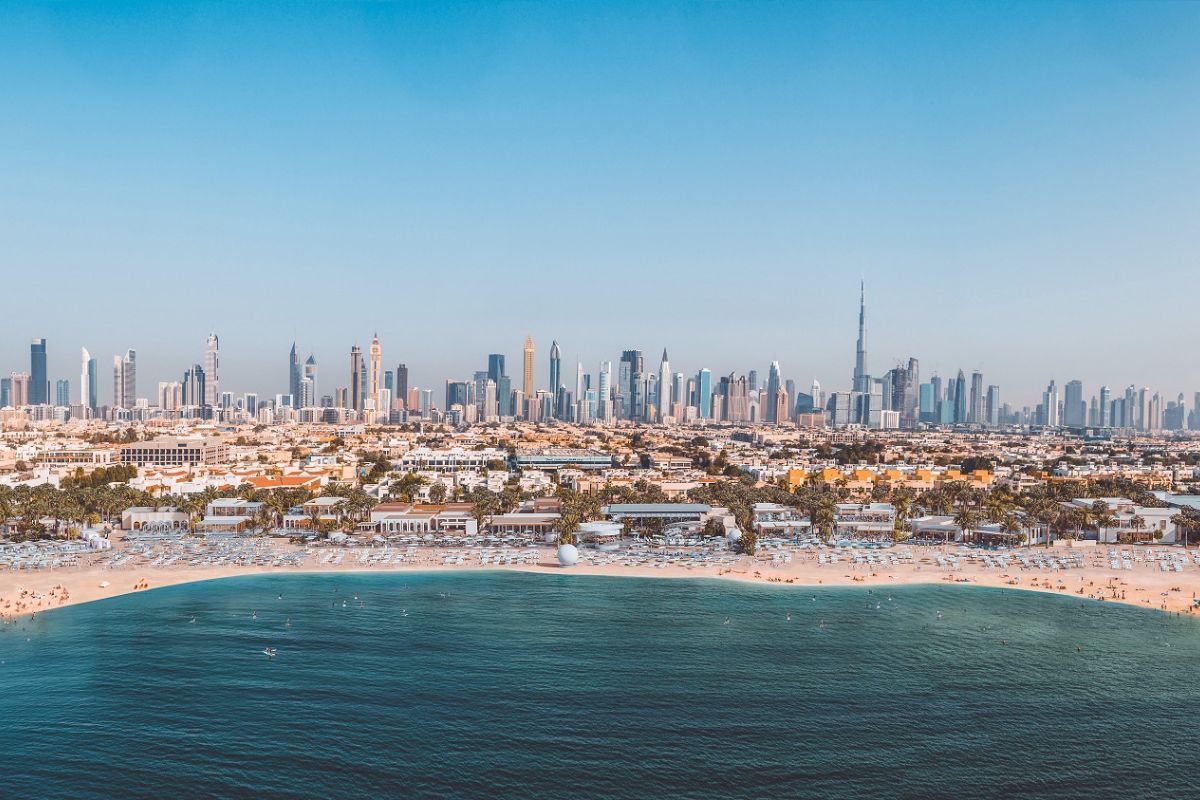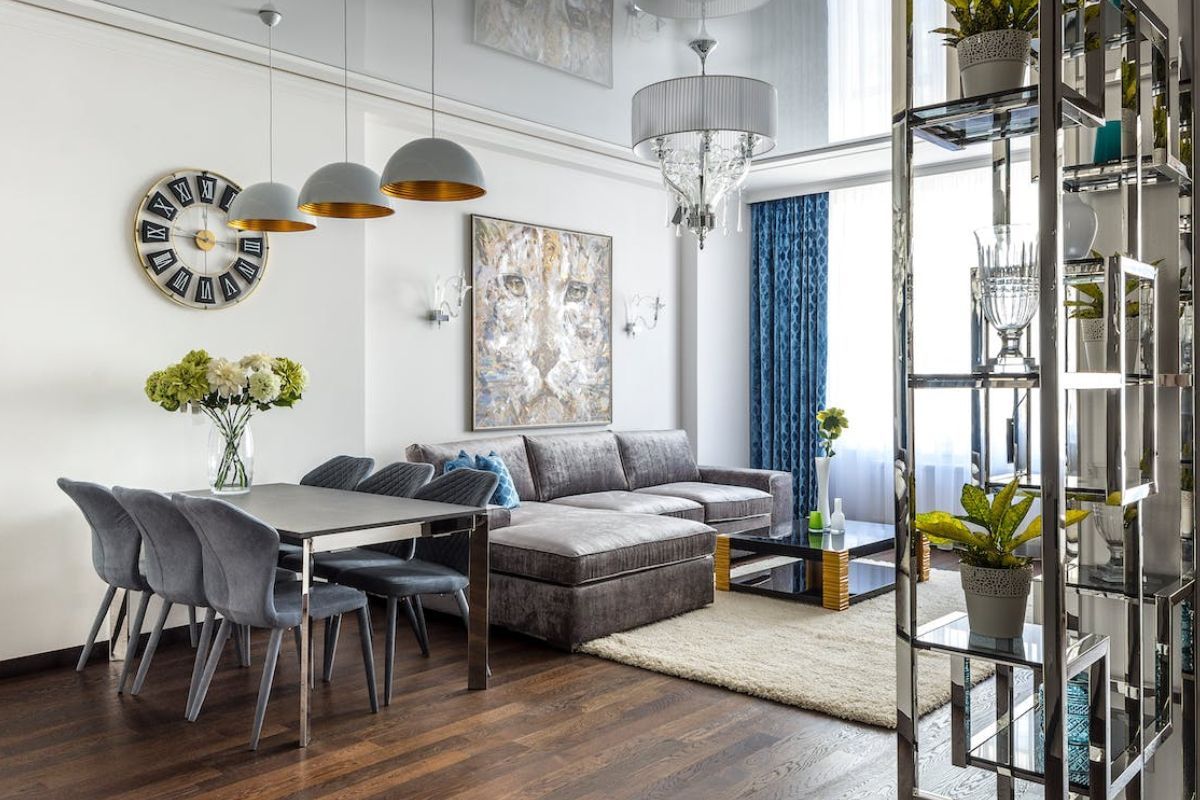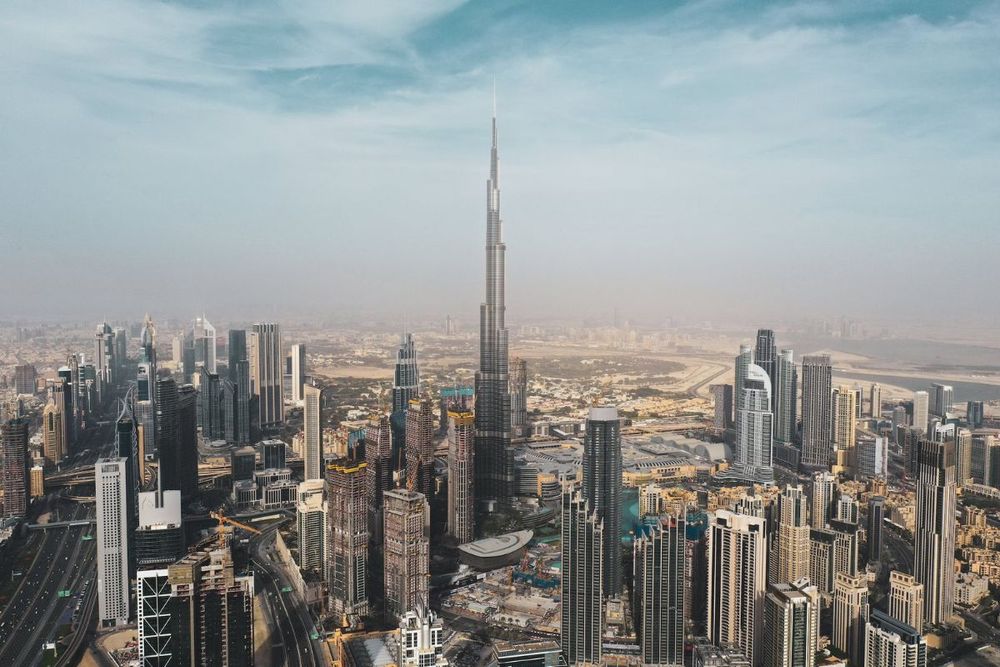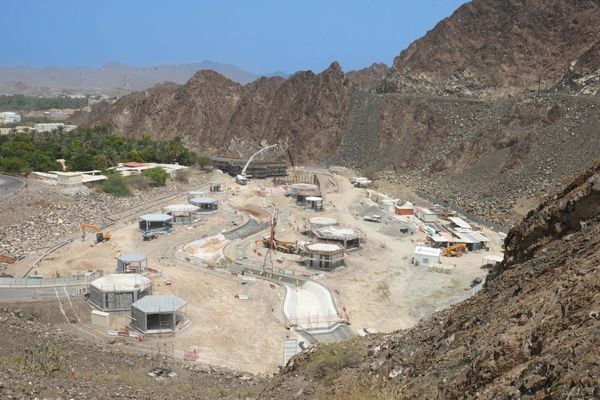Dubai has evolved from a once barren desert landscape into a vibrant cityscape adorned with towering skyscrapers and innovative landmarks. More than just a spectacle of luxury and innovation, Dubai has firmly established itself as a nexus for commerce, finance, and upscale living.
But there's another side to its allure: its burgeoning property market. For expatriates weary of the rental treadmill or international investors searching for promising ventures, Dubai's real estate sector beckons with both stability and potential.
Boasting a robust economy, varied property choices, and promising rental returns, the city presents a unique investment canvas. Moreover, with the government's stringent yet clear regulations, property acquisition is both transparent and trustworthy. From opulent high-rise apartments offering panoramic city views to serene suburban homes, Dubai offers real estate options that cater to diverse preferences.
Through this article, you will learn the nuances of property laws, essential steps, and the broader considerations of buying property in Dubai. By its conclusion, you'll appreciate that an investment in Dubai's real estate isn't just about securing a piece of this dynamic emirate, but also about tapping into a lifestyle that's both aspirational and attainable.
LAW
The following are the laws stated by the government to buy property in Dubai:
- Law No. 7 of 2006 on Real Estate Registration in the Emirate of Dubai
This Law regulates real estate registration and ownership rights in the Emirate of Dubai. It provides for the right of UAE and other Gulf Cooperation Council nationals (and companies wholly owned by such nationals) to own real estate anywhere in Dubai and the right of foreign nationals to own freehold interests in real estate (as well as usufruct and leases up to 99 years) within areas designated for foreign ownership by the Ruler of Dubai. The Law further regulates the registration of real estate in Dubai on the Real Estate Register at the Dubai Land Department (DLD) as a guarantee to the owners of real property rights and specifies the powers of the DLD to enter and update all relevant records on the Real Estate Register.
- Regulation No. 3 of 2006 on the Designation of Areas in which Non-UAE nationals may Own Real Estate in the Emirate of Dubai
This Regulation identifies the areas where foreign nationals (non-UAE/GCC nationals) can own freehold land and property and other real property rights such as usufruct and long-term lease rights for up to a period of 99 years (“Designated Areas”). Further regulations have identified additional Designated Areas for freehold ownership by foreign nationals.
The Designated Areas for foreign ownership of real estate are determined by the Ruler of the Emirate of Dubai by way of decrees and regulations issued from time to time (“Designated Areas”).
Below is a list of the most important Designated Areas:
|
The
Palm Jumeirah |
The
World Islands |
|
Downtown
Dubai |
Burj
Khalifa |
|
Old
Town |
Business
Bay |
|
Dubai
Marina |
Emirates
Hills |
|
Jumeirah
Lakes Towers (JLT) |
Jumeirah
Beach Residence (JBR) |
|
Discovery
Gardens |
Arabian
Ranches |
|
Mirdif
(specified plots) |
Dubai
Investment Park (DIP) |
|
Falcon
City |
Dubai
Sports City |
|
Dubai
Motor City |
International
City |
|
Jumeirah
Islands & Jumeirah Village |
|
The title deeds are issued by the Dubai Land Department in the emirate.
LEGAL STEPS
The Dubai Land Department (DLD) is the official governmental body overseeing the sale and purchase of land and property in the emirate
When buying property in Dubai, it is advised to adhere to the following steps in the sequence outlined below, as recommended by the Dubai Land Department (DLD):
The buyer should request that the seller or developer either join them at the Dubai Land Department (DLD) or provide a power of attorney. This is to ensure that they can verify the property is indeed owned by the seller or developer and is free from mortgages, liens, or other financial encumbrances.
Drafting and Signing a Sale and Purchase Agreement
Before finalizing the sale and purchase agreement, it's crucial to conduct a thorough inspection of the property if it's already completed. Both parties should utilize the Dubai Land Department's standard Form F for the sales contract and can append additional terms and conditions, so long as they don't contradict the standard provisions. If a real estate broker is involved in facilitating the transaction, the standard DLD form for appointing brokers must also be signed by the relevant party.
Obtaining a No Objection Certificate from the Developer
It is mandatory to secure a No Objection Certificate (NOC) from the project's developer, provided there is no existing owners association, to confirm that the seller has settled all outstanding service charges related to the property you intend to buy. This also ensures that there are no violations concerning regulations on jointly owned properties. The developer may levy an administrative fee, which could be around AED 500, for issuing the NOC.
Attending the Registrar's Office for the transfer of ownership
The Dubai Land Department (DLD) conducts its property registration activities with the assistance of several certified trustee officers. At the trustee's office, the registrar reviews all necessary documents from both the seller and the buyer and inputs them into a computer system that is connected to the Land and Property Department. Once approval is granted online by the Dubai Land Department, a new title deed is issued in the buyer's name. If all required documents are submitted in a timely manner and are in proper order, the property transfer is usually completed on the same day.
Some pointers to keep in mind:
- Property owners must be present at the Dubai Land Department's Registrar (either personally or via a representative with a notarized power of attorney).
- Companies must provide proof of authorized persons for real estate transactions, either through attested corporate documents, power of attorney, or a partner's resolution.
- Documents in foreign languages must come with certified Arabic translations.
- Register real estate transactions within 60 days of signing the sale and purchase contract to avoid additional fines and fees.
- Changes in company equity that owns the property require notification to the DLD and payment of relevant fees.
- Foreign companies can't directly own real estate but can do so through Dubai-based free-zone subsidiaries like Jebel Ali Free Zone (JAFZA) and Dubai Multi Commodities Centre (DMCC).
- Prior approval from the DLD is essential for transactions involving foreign-registered companies.
- Only deal with brokers registered with the Real Estate Regulatory Agency (RERA) to ensure legitimacy. Click here to view the list.
FEES AND COSTS
For a smooth property purchase in Dubai, here's a concise breakdown of the key financial responsibilities and additional fees to anticipate:
- DLD Fees: 4% of the property price, usually paid by the buyer, plus admin fees (AED 580 for apartments and offices, AED 430 for land, AED 40 for off-plan). Must be paid within 60 days.
- Registration Fees: AED 2000 + 5% VAT for properties under AED 500,000; AED 4000 + 5% VAT for properties over AED 500,000.
- Mortgage Registration Fees: Up to 0.25% of the loan amount + AED 290. Only applicable if purchasing with a bank loan.
- Agency Fees: 2% of the property price + 5% VAT, only if buying through an agent.
- Conveyance Fees: Ranges from AED 6000 to AED 10,000 to ensure proper documentation.
- Security Deposit: Around 10% of the property price, collected by a RERA-registered broker to secure the purchase.
- Mortgage-Related Fees: Mortgage Arrangement Fees (1% of loan amount + 5% VAT), Property Valuation Fees (AED 2500 to AED 3500 + 5% VAT), and NOC fees (AED 500 to AED 5000) if the mortgage is registered.
- Insurance: Optional but recommended. Home insurance is approximately AED 1000/year; Life insurance is 0.4% to 0.8% of decreasing loan per year.
- Property Service Charge: Paid annually for property and amenities maintenance, amount based on RERA index per square foot.
- DEWA Fees: Ranges from AED 2000 for an apartment to AED 4000 for a villa, based on the type of property and area.
In conclusion, taking the plunge into Dubai's real estate market could be one of the most lucrative and life-enhancing decisions you make. Though navigating the legal landscape and understanding the associated fees may seem daunting, these steps are thoroughly outlined and backed by the Dubai Land Department, making it more straightforward than it appears.
Don't let the initial complexities deter you; the rewards, both tangible and intangible, make it a worthwhile endeavor. Your opportunity to be a part of Dubai's growth story is just a well-planned decision away.
Also Read:















